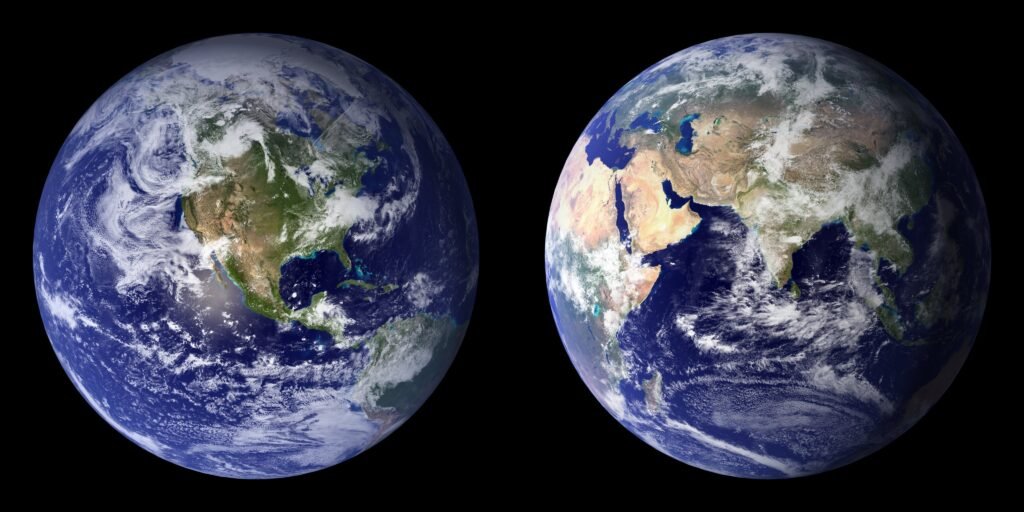
Throughout history, people have been fascinated by stories that imagine what might happen if the world were to come to an end. These tales, often found in speculative fiction and apocalyptic narratives, have a way of capturing our imagination. Throughout history, ideas like ancient prophecies and modern scientific hypotheses have greatly influenced cultures, sparked debates, and sometimes turned out to be inaccurate. Let’s explore some fascinating theories about the end of the world that, although they seemed promising at first, turned out to be incorrect. These theories provide valuable insights into how humans think and the unpredictable future of our planet.
One theory that became very popular was the Y2K bug. It was a big worry about what would happen when we went from December 31, 1999, to January 1, 2000. A lot of people were worried that computer systems all over the world would stop working properly, causing a lot of confusion and disorder. Despite concerns of potential disasters, extensive preparations were made to prevent them. However, when the transition happened, none of the catastrophic events that were predicted actually occurred. This shows how human ingenuity played a significant role in avoiding what was thought to be a doomsday scenario.
One theory that fascinated many people was the Mayan prophecy of 2012. According to some interpretations of the Mayan calendar, there were people who thought that December 21, 2012, would be the end of the world. This prediction became really popular in movies and books. On the day of the anticipated event, nothing out of the ordinary happened, which goes to show that sometimes people can misinterpret ancient texts and get worried for no reason.
Some people were worried that the Large Hadron Collider (LHC) experiment might make a black hole that could eat up the Earth. Even though there were worries, the LHC was turned on in 2008, and the expected disaster never happened. This episode highlights how important it is for scientists to communicate effectively to debunk myths and address the public’s concerns about new experiments.
Moreover, there have been theories about pandemics and their ability to eradicate the entire human population that have been circulating for hundreds of years. The global outbreak of COVID-19 in 2019 brought back these fears for people all around the world. The pandemic has caused a lot of damage, but we’ve managed to avoid it turning into a complete disaster thanks to our ability to bounce back, our progress in science, and our willingness to work together. This shows us how crucial it is to be ready and to cooperate with other countries when dealing with big problems.
In science fiction, there’s often a theme about artificial intelligence becoming smarter than humans and causing a not-so-great future. Although we can’t deny the progress made in AI, concerns about a rogue superintelligence taking over are still based on speculation. The development of AI is being influenced by ethical considerations, regulations, and ongoing research. This highlights the importance of responsible innovation to prevent any unintended negative effects.
These theories that didn’t go as planned remind us how complicated our world is and how difficult it is to predict what will happen in the future. Apocalyptic scenarios may captivate our imagination, but they also remind us of how resilient humanity can be. They emphasize the significance of critical thinking and the importance of interpreting scientific advancements in a balanced way. As we keep exploring the mysteries of the universe, different theories help us understand how things work, even if some of them might not be completely correct. It’s all part of our ongoing effort to learn more about the complexities of the world.








